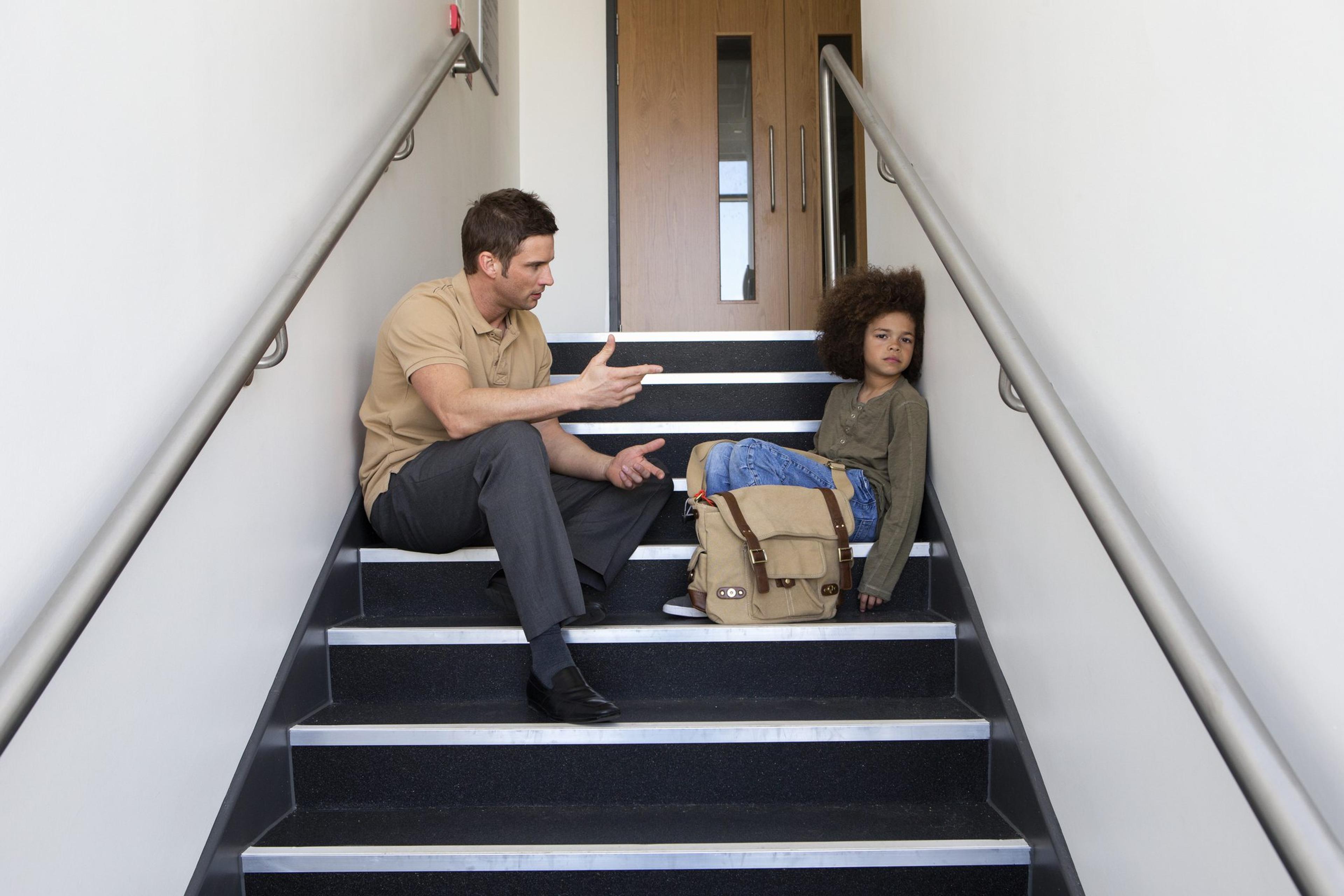Student Stressors at School and How Parents Can Help
Jake Newby
| 3 min read

High school-age students are more stressed than ever before. Teens that already juggled stressors like grades, social issues, and the pursuit of college were dealt an unprecedented hand in early 2020 when the COVID-19 pandemic changed schooling logistics for years.
Stressors at school can lead to more serious problems down the road if left unchecked, including long-term physical and mental health issues. Even if students don’t appear visibly stressed, they can all stand to benefit from parents who check in on their mental health from time to time.
Possible sources of stress in adolescent and teenage students
Academic workload: Stress is the most commonly reported impediment to academic performance. From advanced-level classes to studying to the amount of homework they bring home each night, a large workload can be a huge source of stress for students, especially those getting set to graduate or take tests with major implications, like the SATs or end-of-semester final exams.
Social acceptance: The social dynamic of school can sometimes consume students. So much so that the reason they are there – to learn – takes a back seat to forming friendships, romantic relationships, issues with bullying and more.
Lack of organizational skills: Students who aren’t organized can always seem a step behind in class. Forgetting to do homework, being unaware of deadlines and leaving items at home can cause stress and frustration in students with sinking grades.
Lack of free time: Some students may feel like they have little to no time to themselves, especially those involved in after-school activities and those with part-time jobs.
Adjusting to a new environment: Students who transfer to new schools are most likely also dealing with the unknown of living in a new place, so the stress can be twofold. Young teens attending high school for the first time must adjust to a new environment as well, which can lead to an unnerving first few weeks and months of the new school year.
Poor sleep schedule: Concentration becomes difficult for students who don’t sleep well. Both the National Sleep Foundation and the American Academy of Sleep Medicine agree that teens need between 8 and 10 hours of sleep per night. Getting this recommended amount of sleep can help teens maintain their physical health, emotional well-being, and school performance.
How parents can help students manage stress
Check in regularly: Students do need space to recover from their day at school, but just because their door is closed, and they seem shut off, doesn’t mean parents should avoid a quick check-in. This helps both parents and their children maintain a certain level of connection, while showing comfort and support.
Create an open-door policy for communication: Sometimes the last thing young people want to do after a stressful day of school is talk about the stressful day at school but let them know your door is always open. When they’re ready, they will come to you, especially if they feel like enough trust has been built up that you will listen without judgment and fear of reprimanding.
Balance down time and family bonding time: By the time high school rolls around, students usually reach that stage of their lives where it's uncool to hang out with family. But family time can be restorative as students step away from school stressors and benefit from the comfort of positive interactions at home. Try to make room for family time on weekends and let your teen help plan how the time is spent. As an aside, that open-door policy may pay off during bonding moments like these, as opening up about stress at school could come naturally to teens if the two of you are doing something while talking, like hiking or working on a project at home.
Keep reading:
- Are You the Default Parent? How to Recognize Signs and Ease the Burden
- Treatment Options for Asthma Explained
- Developing a Recovery-Supportive Workplace
Photo credit: Getty Images





